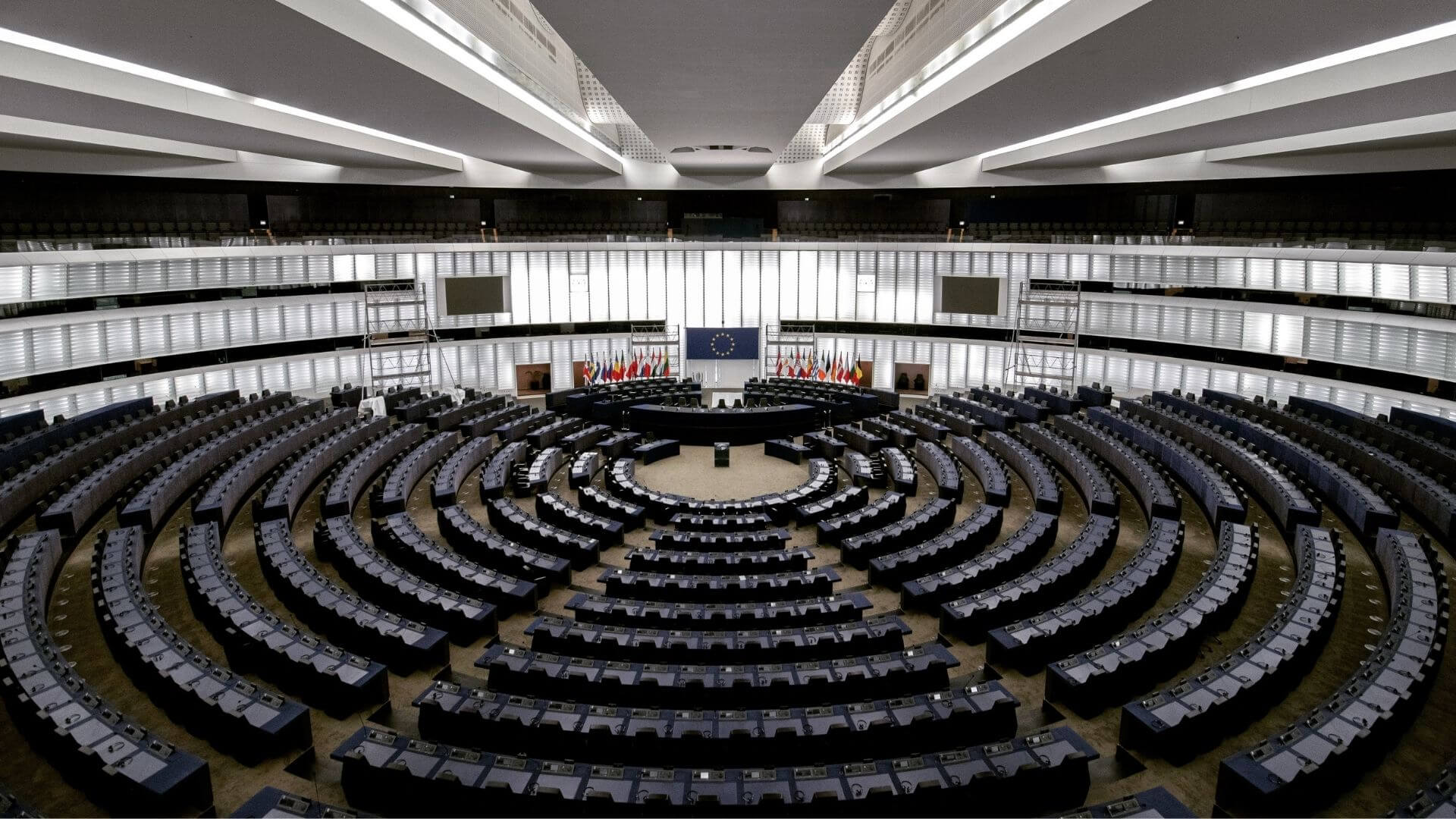Digitalisation has become an essential element for economic growth worldwide, so essential that in recent years it has been one of the priority objectives of the European Union.
To carry out this digitisation process, consisting of the integration of digital technologies such as artificial intelligence, the Internet of Things or digital platforms, among others, the EU has developed the Digital Europe Programme, focused on five specific sectors: High Performance Computing, Artificial Intelligence, Cybersecurity, advanced digital capabilities, and the deployment and use of digital capacity and interoperability.
Thus, on 11 May 2021, Regulation (EU) 2021/694 of the European Parliament and of the Council of 29 April 2021 establishing the Digital Europe Programme was published, paving the way for the digital transformation of the entire European environment.
The Regulation applies from 1 January 2021 and establishes a financial envelope for the achievement of the objectives of the Digital Europe Programme for the period 2021-2027, as well as the rules for the granting of such funding.
Programme objectives
The main objective of the Programme is to accelerate Europe’s digital transformation by providing the necessary funding for the uptake of the most innovative technologies.
The financial envelope for the implementation of the programme will be €7.588 billion, which will be distributed to projects in five specific areas:
High Performance Computing (2.226.914.000 euros)
Aid to deploy and manage high-performance or exascaleable infrastructures, incorporating the necessary hardware and software and aimed at guaranteeing their use in the private sector, especially in small and medium-sized enterprises, as well as in areas of public interest.
Artificial Intelligence (2,061,956,000 euros)
Strengthen quality data resources and data processing through AI techniques, and make them accessible to all companies.
Cybersecurity and Trust (‘1,649,566,000 euros)
Contribute to the development and acquisition of cybersecurity equipment, tools and data infrastructures to ensure confidence and protection of European citizens and businesses from cyber threats.
Advanced digital skills (‘577,347,000)
Facilitating access to high quality training for students and workers in the public and private sector.
Deployment and better use of digital capacity and interoperability (‘1.072.217.000)
Favour the adoption of new emerging technologies, in particular high-performance computing, AI, cybersecurity, as well as decentralised recording technology such as Blockchain.
This will be promoted through the creation of a network of European digital innovation centres.
Beneficiaries of the Programme
All actions of the Programme are aimed at the benefit of EU industry: public administrations, public sector organisations, SMEs or mid-caps.
European Digital Innovation Centres
During the first year of implementation of the programme, an initial network of European Digital Innovation Centres will be created, with the aim of providing SMEs, medium-sized enterprises and public administrations with access to technological knowledge, in order to improve their business models through the use of new technologies.
To ensure the successful implementation of the programme, these centres will be located throughout Europe, with at least one centre per Member State.
Financing methods
The forms of funding shall comply with the provisions of Regulation 2018/1046 of the European Parliament and of the Council (“Financial Regulation”) as regards grants, prizes, procurement, indirect management, financial instruments, budgetary guarantees, financial support and reimbursement of external experts or mixed financing operations.
Grants may cover up to 100 % of eligible costs, in accordance with award criteria to be established in the work programmes and in the proposed calls, which will take into account:
- The maturity of the action
- The soundness of the proposed implementation plan
- The need to overcome financial obstacles
Synergy with other programmes
The programme will be implemented in a complementary manner to other EU programmes, such as Horizon Europe, and under shared management with the ERDF, the ESF+, the European Agricultural Fund for Rural Development and the European Maritime, Fisheries and Aquaculture Fund. As well as with the programmes: Connecting Europe, InvestEU Programme, Erasmus+ or Creative Europe.
To find out more about the Digital Europe Programme and European investment funds, at Navas Cusí we offer advisory and application management services to obtain funding for the digital transformation of companies.



